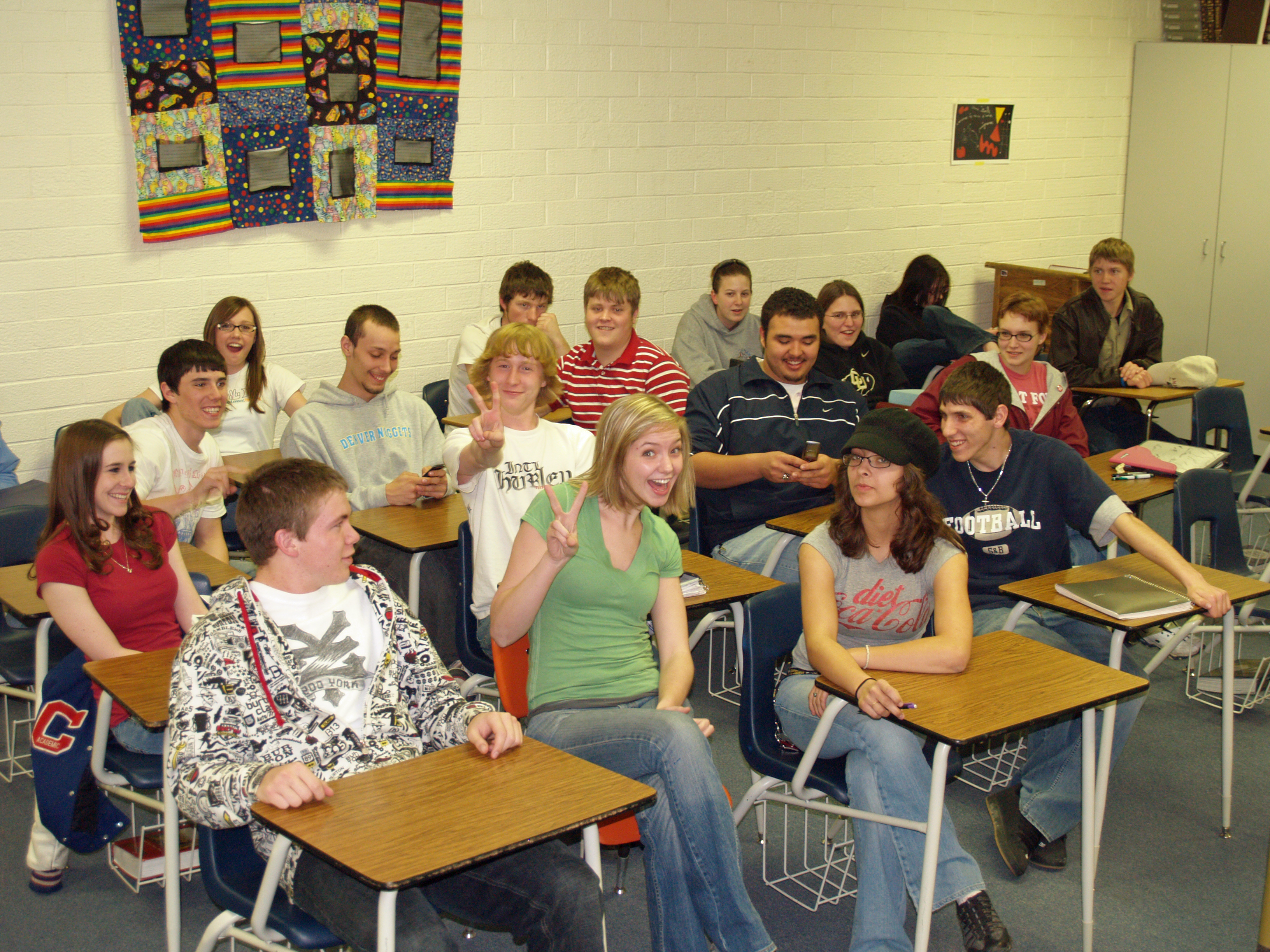We've had so much sadness in the last week. One week ago, a young man was plotting a lethal, depraved attack. Parents were making shopping lists for their children. Children were learning, reading, laughing, and playing. And then they were not.
I still can't think about it all without a sick sense of nausea rising up. I don't know any of the children taken, but I've thought too often of their sweet faces in the face of death. I've thought too often of the child next to them, who watched them die, and now live with the nightmares. I must stop thinking about them. Dwelling on it does not honor them. So what does?
I believe that loving my own children more patiently, more earnestly, more deliberately honors those children who are gone and who stay on. I can focus on the tragedy or I can embrace the hope. I've heard the following story twice in the last couple of weeks and it has taken on a new significance:
An old Cherokee is teaching his grandson about life. "A fight
is going on inside me," he said to the boy.
"It is a terrible fight and it is between two wolves. One
is evil - he is anger, envy, sorrow, regret, greed, arrogance, self-pity,
guilt, resentment, inferiority, lies, false pride, superiority,
and ego." He continued, "The other is good - he is joy,
peace, love, hope, serenity, humility, kindness, benevolence, empathy,
generosity, truth, compassion, and faith. The same fight is going
on inside you - and inside every other person, too."
The grandson thought about it for a minute and then asked his grandfather,
"Which wolf will win?"
The old Cherokee simply replied, "The one you feed."
We face a different set of wolves now. They are of joy or pain. We can feed the wolf that would tell us to fear, hide from the world, and trust noone. That wolf would have us watch the news, learn about the shooter, and bemoan the tragic demise of our society and the terrible days in which we live.
Or we can feed the other wolf. That is the wolf that focuses on the heroism of the day. That is the wolf that is grateful without guilt. That is the wolf that would tell us to see the good, embrace the light, and see that there is still so much beauty in this flawed world of ours. That is the wolf that will lift us up and help us do the same for others.
That is the wolf I aim to feed. I will believe, trust, hug, and press forward. I will look at my students and know that if a wolf comes to our door I will do my best to protect them. I will hug my children ever day, pray with them, and tell them that God is real, life is good, and there is always, always hope. And in time, the other wolf will shrivel and die. As the people of Connecticut face their wolves, and the characters in His Family do the same, I pray that they will choose the wolf of hope. I pray that there will be light where now there is such darkness. And I pray no more wolves come to their doors.
But they will. Wolves of memories, smells, fears, and nightmares will scratch at their doors. They will howl and huff and puff. But, the other wolf can be there, summoning light, focusing on love, and believing in the future.
And it can howl too.



